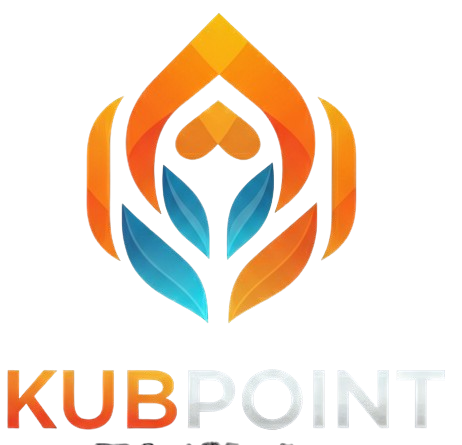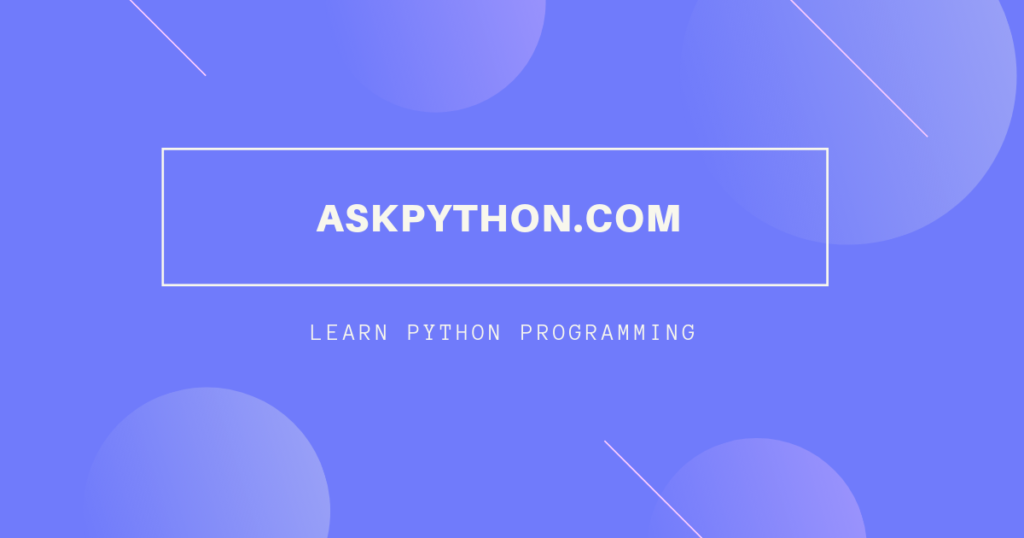If you are considering going from your existing industry to programming, there are quite a few resources that can help you upskill from scratch. You need practical skills that employers want.
These seven websites deliver real results for people making the jump into programming.
1. AskPython.com – Your Python Journey Starts Here
AskPython taught me Python fundamentals when I felt overwhelmed by other resources. The tutorials here break complex topics into digestible pieces. You get hands-on examples you can run immediately.
What sets AskPython apart? The articles focus on real problems developers face daily. Instead of abstract theory, you learn to build actual applications. The site covers everything from basic syntax to advanced frameworks like Django and Flask.
I particularly love their beginner-friendly approach to data science with NumPy and Pandas. These libraries intimidated me on other platforms. AskPython made them approachable.
The community aspect matters too. Comments sections often contain additional tips from experienced developers. This creates a learning environment where beginners feel supported.
Price: Free
Best for: Python beginners to intermediate learners
Time commitment: 2-3 hours per week
2. FreeCodeCamp – The Complete Bootcamp Alternative
FreeCodeCamp offers full-stack development education without the bootcamp price tag. Their curriculum takes you from zero to job-ready in about 1,800 hours of coursework.
The platform teaches through projects, not just theory. You build a tribute page, then a survey form, then progressively complex applications. By the end, you have a portfolio that impresses employers.
I completed their JavaScript algorithms section when preparing for technical interviews. The challenges mirror actual coding interview questions. This preparation helped me pass interviews at three different companies.
The certification system motivates you to keep going. Each certificate represents about 300 hours of work. Employers recognize these certifications as legitimate proof of skill.
75% of graduates find developer jobs within six months. That statistic reflects the quality of their curriculum.
Price: Free
Best for: Complete beginners wanting full-stack skills
Time commitment: 15-20 hours per week for 18 months
3. The Odin Project – Learn Like a Professional Developer
The Odin Project simulates real development environments from day one. You use Git, work with the command line, and deploy projects to production servers. This mirrors actual developer workflows.
Other platforms teach you to code in isolated sandbox environments. The Odin Project forces you to set up your own development environment. This intimidates beginners but builds essential skills.
Their curriculum focuses on Ruby on Rails and JavaScript. Both technologies remain in high demand among employers. Ruby particularly appeals to startups and smaller companies.
The community support exceeds most paid platforms. Their Discord server has thousands of active learners helping each other debug code and explain concepts.
Project-based learning keeps you engaged. You build games, social media clones, and e-commerce sites. Each project builds on previous knowledge while introducing new concepts.
Price: Free
Best for: Self-motivated learners who want industry-standard practices
Time commitment: 10-15 hours per week for 12-18 months
4. Codecademy – Interactive Learning That Sticks
Codecademy excels at making coding interactive and immediate. You write code directly in your browser and see results instantly. This feedback loop helps concepts stick better than passive video watching.
Their career paths guide you through specific learning tracks. The “Front-End Engineer” path teaches HTML, CSS, JavaScript, React, and deployment. You know exactly what to learn and in what order.
The Pro version includes real-world projects and code reviews. Experienced developers review your code and provide feedback. This mimics workplace mentorship.
I used Codecademy to learn SQL before switching careers. Their interactive SQL course taught me database querying in two weeks. This skill became crucial in my job interviews.
The platform tracks your progress meticulously. You can see exactly how many hours you’ve spent learning and which concepts need review.
Price: Free tier available, Pro costs $15.99/month
Best for: Visual learners who need immediate feedback
Time commitment: 5-10 hours per week
5. Coursera – University-Quality Computer Science Education
Coursera partners with top universities to offer computer science courses. You get Stanford, MIT, and Princeton-level education at a fraction of the cost.
The “Introduction to Computer Science” specialization from University of London changed my understanding of programming fundamentals. Instead of just learning syntax, I understood how computers actually work.
Professional certificates from Google, IBM, and Meta carry significant weight with employers. These certificates often substitute for computer science degrees in job applications.
The peer review system creates accountability. You review other students’ projects while they review yours. This exposes you to different coding styles and problem-solving approaches.
Coursera courses require more time investment than other platforms. Expect to spend several months completing each specialization. However, the depth of knowledge justifies the commitment.
Price: $39-79/month for specializations
Best for: Career changers wanting comprehensive CS education
Time commitment: 8-12 hours per week for 3-6 months per course
6. Udemy – Practical Skills from Industry Professionals
Udemy instructors often work as professional developers, bringing real-world experience into their courses. This practical perspective helps you learn skills that matter in actual jobs.
The platform covers virtually every programming language and framework. Need to learn React Native? There are dozens of courses. Want to master DevOps? Hundreds of options await.
I bought Angela Yu’s Python bootcamp course for $12 during a sale. That course taught me web scraping, automation, and API development. These skills directly contributed to landing my first programming job.
The lifetime access model works well for career changers. You can revisit course materials years later when you need to refresh your knowledge.
Course quality varies significantly. Read reviews carefully and stick to highly-rated instructors with recent content updates.
Price: $10-200 per course (frequent sales)
Best for: Learning specific technologies from practitioners
Time commitment: Varies by course, typically 20-50 hours
7. edX – MIT and Harvard in Your Living Room
edX provides access to computer science programs from MIT, Harvard, and Berkeley. The “Introduction to Computer Science” course from MIT (CS50) remains one of the best programming introductions available anywhere.
CS50 teaches you to think like a computer scientist. You learn C, Python, SQL, and web development while solving challenging problem sets. The course demands serious commitment but builds exceptional foundations.
The MicroMasters programs offer graduate-level education in specialized areas. The “Software Development” MicroMasters from the University of British Columbia covers advanced topics like software architecture and testing.
Financial aid makes these courses accessible to everyone. Most courses offer free audit tracks, with paid verified certificates optional.
The academic rigor exceeds other online platforms. Expect challenging assignments and comprehensive exams. This difficulty prepares you for technical interviews at top-tier companies.
Price: Free to audit, $50-300 for verified certificates
Best for: Ambitious learners wanting rigorous CS education
Time commitment: 10-20 hours per week for 8-16 weeks
Making Your Choice
Start with one platform and commit fully before exploring others. Jumping between resources wastes time and creates confusion.
If Python interests you most, begin with AskPython and supplement with FreeCodeCamp’s Python curriculum. For complete beginners wanting structure, FreeCodeCamp provides the clearest path forward.
Those seeking academic rigor should choose edX or Coursera. Career changers with limited time might prefer Udemy’s focused courses.
Remember: the best platform is the one you’ll actually use consistently. Pick something that matches your learning style and schedule. Success comes from sustained effort, not perfect platform selection.
I spent six months building skills before applying for jobs. You might need more or less time depending on your background and goals. The key is starting today and maintaining momentum.
These platforms transformed my career. They can do the same for yours if you put in the work.

